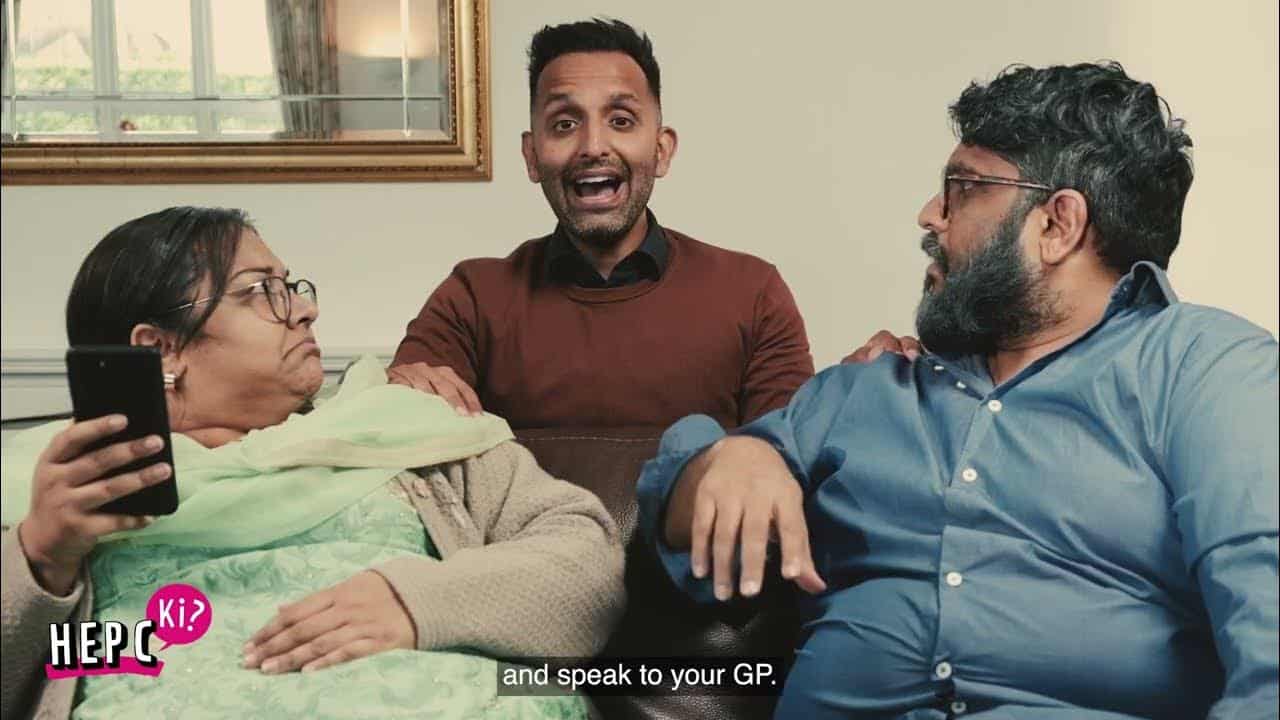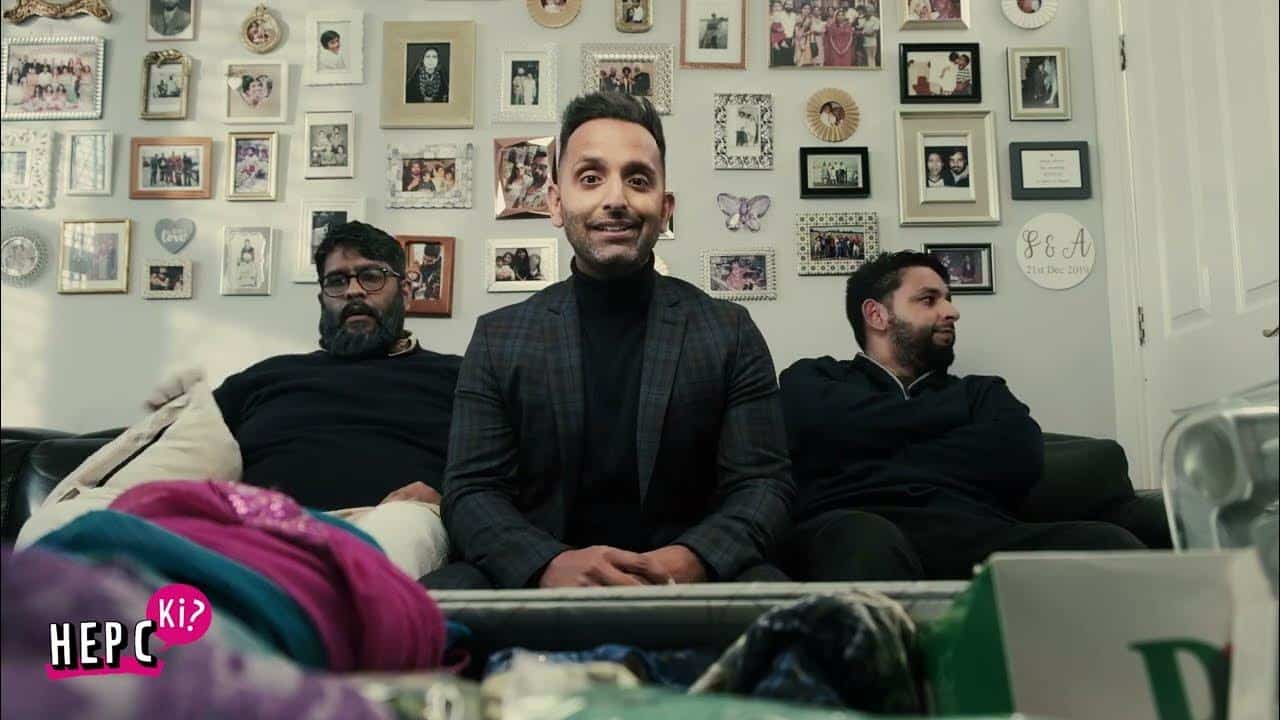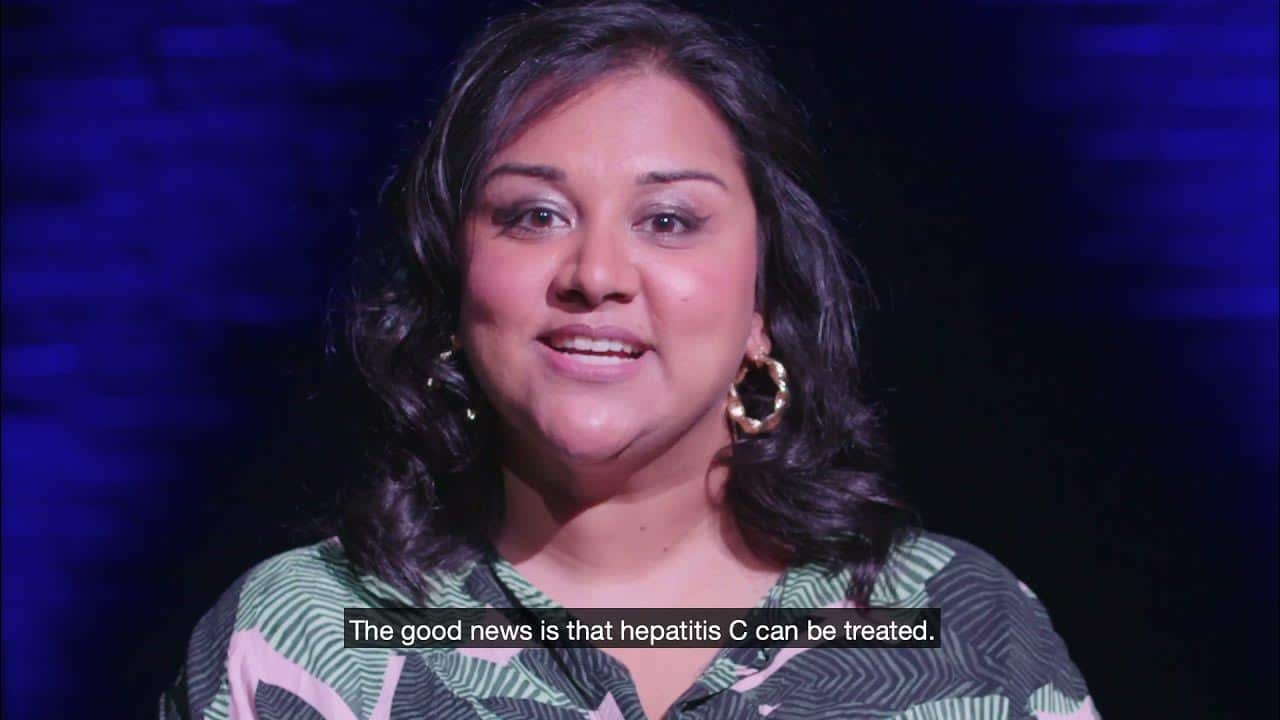
Hepatitis C can do serious damage without you knowing1
Answer five short questions to find out if you or someone you care for should order a free blood test to check for hepatitis C
Answer questionsWhat is hep C?
Hepatitis C, or hep C, is a virus.
It is spread through blood to blood contact and symptoms can go unnoticed for many years.
If left untreated hep C may cause scarring of the liver, cancer and even death.1


Are you at risk?
In some areas, including South Asia, you can come into contact with infected blood more easily than you might think.
If at any age you have lived or regularly visited Bangladesh, India or Pakistan here are some of the ways you might get hep C:3
Having medical, dental or cosmetic procedures, including injections using unclean equipment
You may be at higher risk of hepatitis C if you have undergone medical, dental or cosmetic procedures using unsterilised equipment. This includes vaccinations as a child or an adult.3,4,5
Receiving blood
There is a risk of hep C infection if you have received a blood transfusion or received blood products abroad. You could also be at risk if you received a blood transfusion in the UK before the 1 September 1992, as donations were not screened before this time.3
Visiting hairdressers or beauty parlours
You may be at risk if hairdressers/barbers or beauty parlours do not properly clean equipment, such as nail scissors, clippers and razors between customers.3,6
If you think you might be at risk, you can order a free, confidential at home hep C blood test.
Order an at home NHS blood testOther less common risk factors include unprotected sex with a person living with hep C, sharing toothbrushes, scissors and razors, needle stick injuries or from an infected mother to their unborn child.4
If you have any questions about your risk of hep C, then you should speak to your doctor.


What are the symptoms?
People often don’t experience symptoms of hep C for many years. If symptoms do develop after infection, they may include:1
- Flu-like symptoms
- High temperature
- Tiredness
- Loss of appetite
- Stomach ache
- Feeling and being sick
If left untreated hep C may cause scarring to the liver, cancer and even death.1
Learn more about hep C symptomsApproximately 50%
of people living with hep C do not know that they have the virus4
What to do if you’ve been exposed to hep C risks or have symptoms?
Currently, there is no effective vaccine to stop you contracting hep C, if exposed.
Early diagnosis can prevent health problems that may result from infection and prevent transmission of the virus.7

Get tested
Get treated
Get cured
What is Hep C, Ki?
While contracting hep C is no laughing matter, comedy does have the power to break down barriers and open up conversations.
That is why we have partnered with top comedians to raise awareness of hep C risk factors within British South Asian communities.
You can watch all the videos here:
https://www.youtube.com/@hepcki2049/videos

More information
The Hepatitis C Trust offers a confidential helpline to support people affected by hep C and those that think they may be at risk. The helpline number is 020 7089 6221.
For more information and support, visit The Hepatitis C Trust.
Disclaimer: Be Free of Hep C and Hep C, Ki? campaigns have been developed and funded by Gilead Sciences Ltd, as part of an initiative with industry partners to support the NHS England Hepatitis C Elimination Programme. Together, we are accelerating our progress towards hepatitis C elimination in England by raising awareness of hepatitis C risk factors, testing and treatment.






